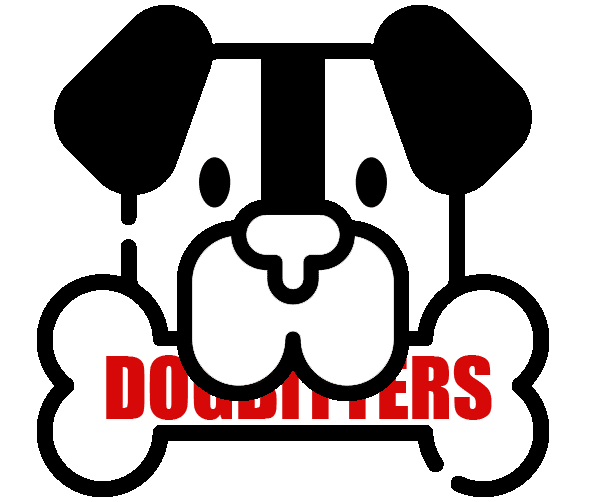Omega 3 and Omega 6 for dogs are two essential components of a healthy and balanced diet for our four-legged friends. In the world of canine nutrition, these essential fatty acids have become topics of increasing interest due to their multiple benefits for overall dog health.
From shiny skin and fur to supporting the immune system and joint health, the role of Omega-3 and Omega-6 in the canine diet is essential to ensuring the healthiest and happiest lives possible for our non-talking friends.
In this article, we will explore in more detail the importance and benefits of these essential fatty acids in a dog’s diet and the sources from which they can be obtained.
CONTENT:
- The Importance of Omega-3 and Omega-6 in the Diet of Dogs
- Sources of Omega-3 and Omega-6 for dogs
- The Right Balance of Omega-3 and Omega-6 in the Diet of Dogs
The Importance of Omega-3 and Omega-6 in the Diet of Dogs
Omega-3 is recognized for its anti-inflammatory and antioxidant properties. Dogs receiving a diet rich in Omega-3 can have a shinier and healthier coat, as well as skin that is less prone to problems such as itching and irritation. Omega-3 can also help maintain joint health and reduce the risk of heart disease and inflammation.
Omega-6 is important for maintaining healthy skin and the immune system. Lack of this essential fatty acid can lead to skin problems such as excessive itching, fur loss and dermatitis.

Sources of Omega-3 and Omega-6 for dogs
Providing an adequate amount of Omega-3 and Omega-6 in your dog’s diet is essential to maintaining their overall health. These essential fatty acids can be found in a variety of suitable dog foods as well as specially formulated supplements. Here are some common sources of Omega-3 and Omega-6:
-
Fish oil
Fish oil is an excellent source of Omega-3, especially EPA and DHA fatty acids. You can add it to your dog’s food as a supplement or find it in foods specially formulated for skin and coat health.
-
Salmon Oil
Salmon oil is another rich source of Omega-3, offering similar benefits to fish oil. Many owners choose to add salmon oil to their dog’s food to improve skin and coat health.
-
Flaxseeds
Flaxseeds are an excellent source of Omega-3 as well as Omega-6. You can grind them up and add them to your dog’s food to provide a natural source of essential fatty acids.
-
Corn Oil
Corn oil is a common source of Omega-6 in many dog foods. However, it is important to ensure a proper balance of Omega-3 and Omega-6 in your dog’s diet, as an excess of Omega-6 can lead to inflammation and other health problems.

-
Sunflower Oil
Similar to corn oil, sunflower oil provides a rich source of Omega-6, but it requires controlled consumption to maintain the correct balance of essential fatty acids.
-
Formulated dog foods
Many commercial dog foods formulate richness in Omega-3 and Omega-6, containing ingredients like fish oil, salmon oil, and other sources of essential fatty acids.
Consulting a veterinarian before making significant changes to the dog’s diet is important to ensure that our dog’s specific nutritional needs are properly met.
The Right Balance of Omega-3 and Omega-6 in the Diet of Dogs
The balance between Omega-3 and Omega-6 is essential for maintaining optimal dog health. Although both types of fatty acids are essential for overall health, an imbalance between them can have negative health consequences.
Omega-3 and Omega-6 act in different ways in the body, and the ratio between them is crucial. For example, Omega-3 has anti-inflammatory properties, while Omega-6 can have inflammatory effects in excess. An imbalance in favor of Omega-6 can lead to chronic inflammation and a host of health problems.
To maintain a healthy balance between these two types of fatty acids, it is important to provide your dog with a varied and balanced diet that includes adequate sources of Omega-3 and Omega-6. Careful monitoring of the proportions of these fatty acids in your dog’s diet can help prevent imbalances and maintain overall health.

In conclusion, ensuring the correct balance of Omega-3 and Omega-6 in your dog’s diet is essential for his long-term health and well-being. A varied and balanced diet, combined with regular veterinary consultation, can help maintain this balance and promote a healthy life for your non-talking friend.

